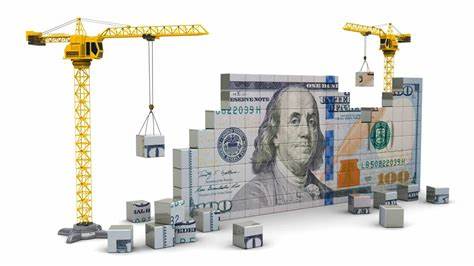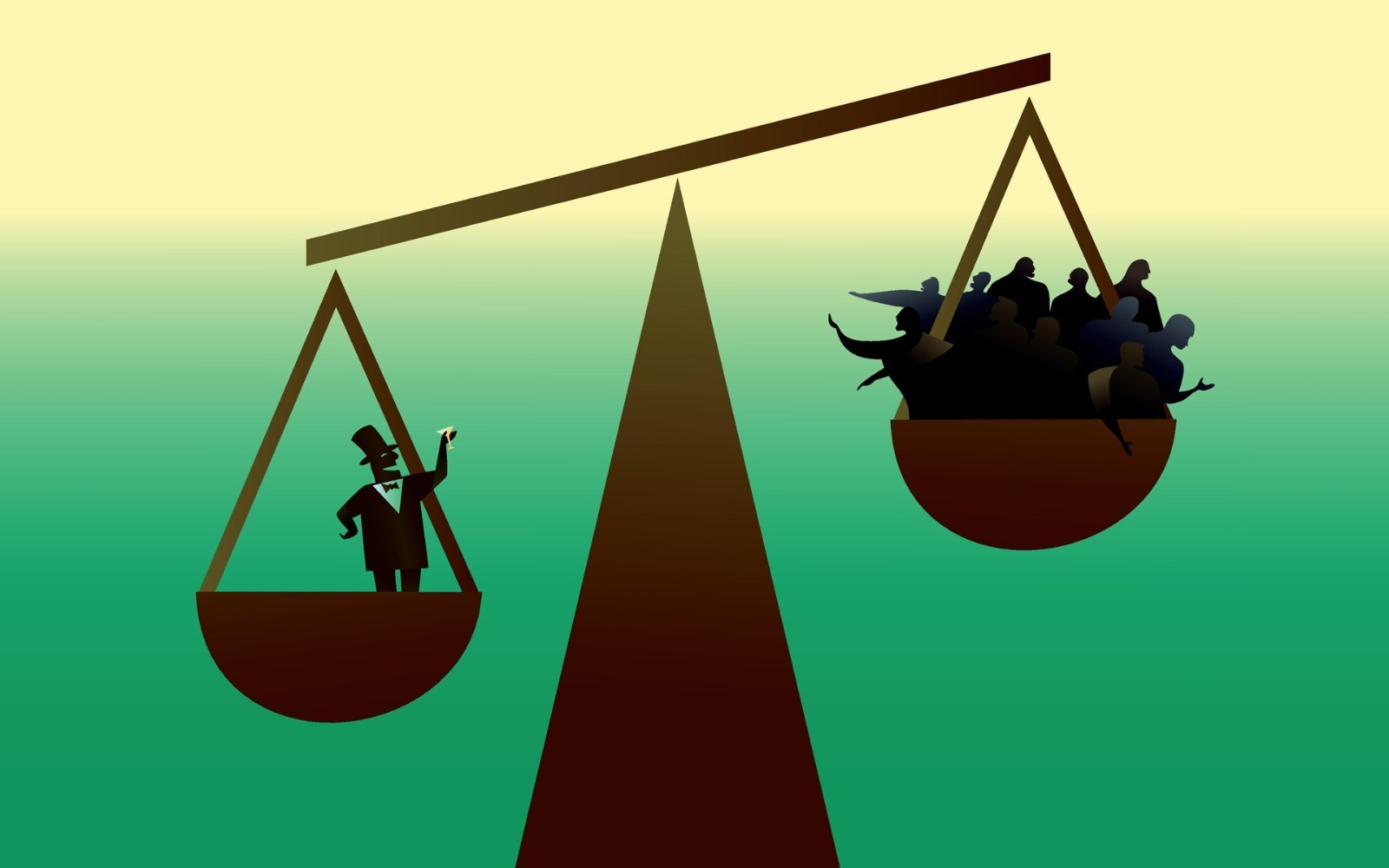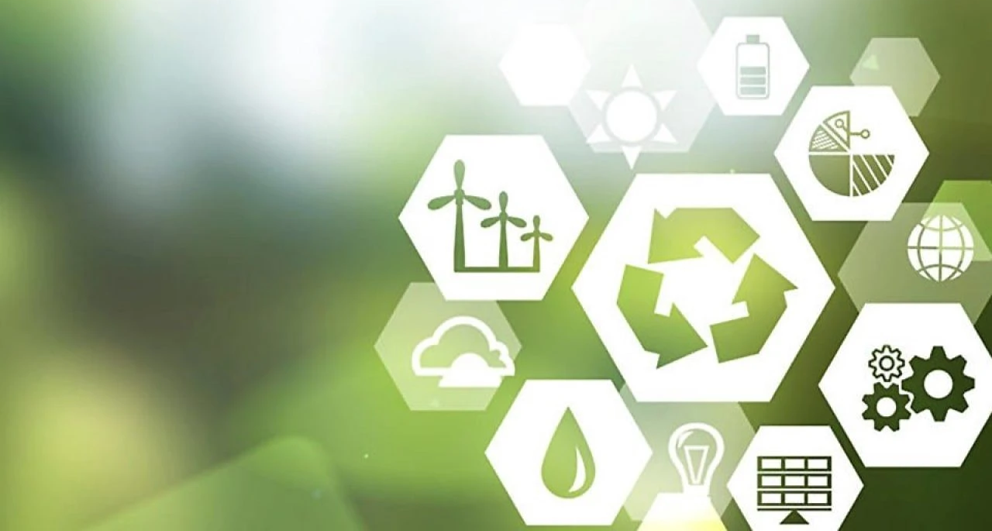Development is a multidimensional concept that has been examined from various perspectives in the literature. In this writing, we will explore certain key definitions of development and the prominent thinkers who contributed to these definitions. Throughout history, development has aimed at increasing economic welfare, reducing inequalities, and expanding human rights in societies. However, it is essential to emphasize that this compilation does not encompass all possible definitions of development; rather, it focuses on those that are prominent in the literature.
Economic Development
• Adam Smith (1776): Smith viewed development as the enrichment of nations and argued in his seminal work The Wealth of Nations that division of labor enhances productivity, thereby promoting economic development. His theories on the market mechanism and the “invisible hand” suggest that individuals pursuing their self-interest inadvertently contribute to the overall welfare of society, allowing development to occur naturally.
• David Ricardo (1817): Ricardo’s theory of comparative advantage posits that international trade is a fundamental element of national development. By specializing in goods or services produced at the lowest opportunity cost, a country can engage in trade that accelerates its development. Additionally, Ricardo’s theory of rent explains the impact of land and resource use on development.
Human Development
• Amartya Sen (1999): Sen defines development as a process that enhances individuals’ real freedoms. In his work Development as Freedom, he emphasizes that economic growth alone is insufficient for development; access to basic rights such as education, health, and social participation is of greater importance.
• United Nations Development Programme (UNDP): Human development is defined as a process that increases individuals’ options in areas such as education, health, and income. The Human Development Index (HDI) used by the UNDP measures development not only by economic growth but also by the expansion of social welfare.
Social Development
• Karl Polanyi (1944): According to Polanyi, development is shaped not only by economic change but also by the evolution of social relations and institutions. In The Great Transformation, he argues that market economies significantly affect social structures, and development must be understood in this context.
• Peter Evans (1995): Evans asserts that development should be measured not only by economic growth but also by the state’s role in providing social welfare and balancing the market. In his work Embedded Autonomy, he examines the relationship between the state and development.
Sustainable Development
• Brundtland Commission (1987): Sustainable development is defined as a process that meets the needs of the present without compromising the ability of future generations to meet their own needs. This definition emphasizes the balance between environmental sustainability and economic growth.
• Herman Daly (1990s): Daly characterizes development as a process that centers on the conservation of natural resources and the qualitative improvement of living standards. He argues that development should not only focus on economic growth but also align with ecological balance.
Political Development
• Samuel Huntington (1968): Huntington states that political development involves the stabilization of political institutions and the adaptation of society to the modernization process. This process occurs through the integration of economic and social changes into governance and political systems.
• Max Weber (1922): Weber highlights the importance of bureaucracy, rational-legal authority, and modern state structures in the political dimension of development. These factors are critical in providing stability and order in the development process.
Cultural Development
• Clifford Geertz (1963): Geertz defines development as not only an economic process but also a cultural one. Development is seen as a process where economic activities evolve alongside cultural structures within societies.
• Mahbub ul Haq (1995): According to Haq, development means empowering individuals not just through economic welfare but also through cultural, social, and human values. He argues that development should enhance a person’s self-respect and dignity.
Community Development
• John Friedmann (1987): Friedmann asserts that development should be a process that empowers local communities. Successful development relies on community participation, education, and economic opportunities that enable communities to engage actively in their own development processes.
• Robert Chambers (1983): Chambers argues that marginalized communities must actively participate in development processes and that these processes should be strengthened through local knowledge and participatory methods.
Global Development
• Immanuel Wallerstein (1974): Wallerstein’s world-systems theory views development as part of the global capitalist system. The inequalities between core and peripheral countries illustrate the unjust distribution of development on a global scale.
• Raúl Prebisch (1950): Prebisch contends that development is a challenging process for underdeveloped countries, as their dependence on developed nations hinders their economic growth.
This writing has examined several prominent definitions of development along with the thinkers who contributed to these definitions. Development is a multifaceted concept that encompasses economic, social, political, and ecological dimensions. However, it is essential to note that these definitions do not cover all interpretations of development found in the literature; rather, they focus on specific key theories. In subsequent writings, we will explore the relationships between these definitions of development and the concepts of happiness and welfare in greater detail.




